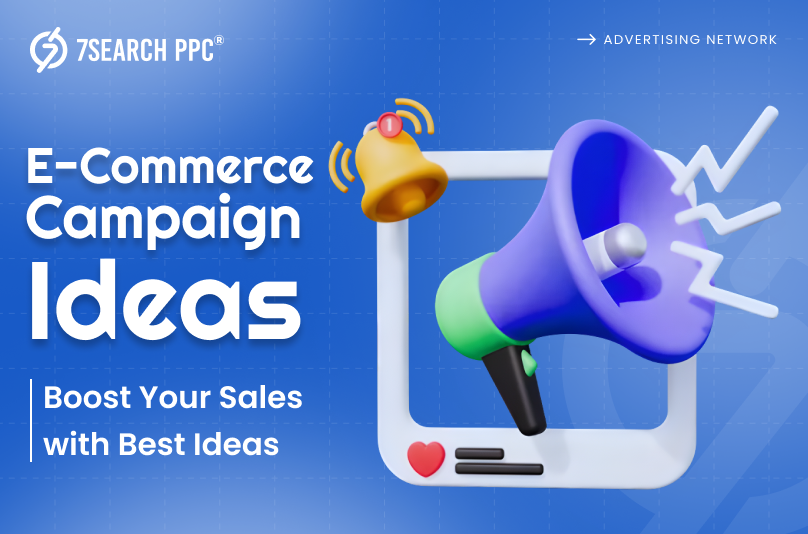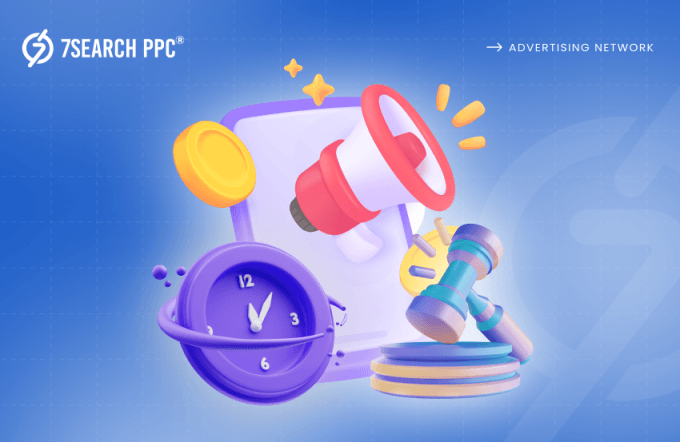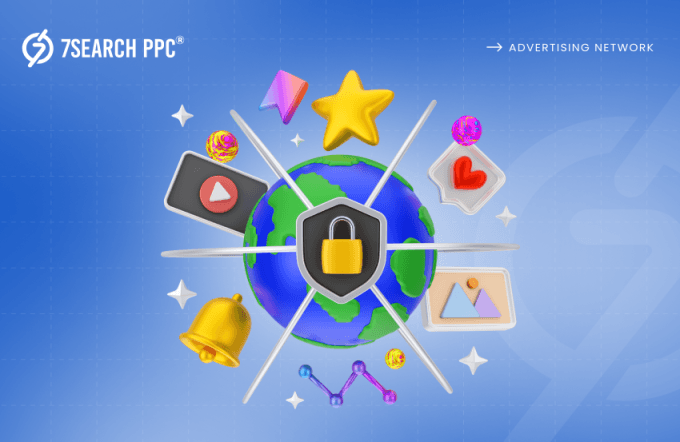The concept of e-commerce makes life easier for many people. Just pick up a device, open an e-commerce app, or visit a website—tada! Shopping happens. However, if you think like an e-commerce owner, you will find that driving the audience to your website or app through an e-commerce campaign is the most difficult task.
Here are some statistics (Source- RetailMeNot):
- Two out of three customers make a purchase when they receive an online promo code (even if they didn’t plan).
- Four out of five customers make their first purchase after getting an online promotion.
- Around 93% of shoppers use a coupon or discount code at some point during the year.
Now, the twist is that there are approximately 30,722,000 e-commerce sites worldwide. All of them are putting their efforts into making their ad campaigns more unique and attractive. It’s not easy to stand out with your campaign when there is already a crowd in the industry.
The only thing that will make your voice louder is out-of-the-box thinking, as the audience tends to move toward where they find fresh ideas, relevant products, and cool vibes that truly connect with them.
In this blog, we will drop some killer e-commerce campaign ideas to help you attract the attention of your ideal audience to your online shop. We will also share some easy tips on how to set up and launch these campaigns with style.
So, if you are ready to take your e-commerce business to success, Keep reading!
What’s an E-Commerce Campaign? Let’s Break It Down!
As we all know, Halloween week is right around the corner, and online spaces will be filled with e-commerce ads as businesses look to capitalize on this week’s opportunity with their promotional campaigns. So, what does the term ‘Campaign’ mean? An e-commerce campaign is a planned marketing effort designed to promote online products or services.
Most of these campaigns can vary according to a particular business’s goals. Some want to increase paid traffic by promoting their offerings, while others want to increase brand awareness for their e-commerce brand. These campaigns are launched through various modes or mediums to reach the right audience.
PPC ad networks, Social Media Platforms, and Email are the top-most channels for getting people interested and making sales during this festive shopping season and other normal days.
Why Your Business Can’t Afford to Ignore E-Commerce Campaigns
The reason is simple: businesses want to sit in the minds of customers or never leave their seats if they have already been captured through e-commerce ad campaigns. Can’t grasp this point? Okay! Look at the given points below, and then you will understand why you can’t afford to ignore e-commerce campaigns:
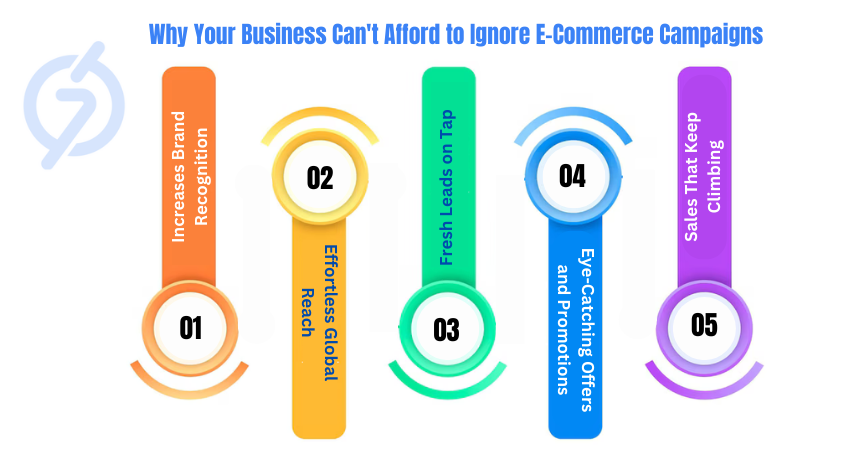
Increases Brand Recognition
When customers think about buying something, the first thing they do is identify their needs and consider the brand at the purchasing stage. That’s why brand recognition is just as important as product quality.
E-commerce campaigns help introduce your brand to the audience on various online platforms. By regularly connecting with your audience through online ads, you strengthen your brand’s presence. The more people remember and trust your brand, the more likely they are to buy from you.
Effortless Global Reach
Every e-commerce business owner wants to expand their business and dreams of seeing their products in the hands of customers living in every corner of the world. An e-commerce campaign can turn this dream into reality.
These campaigns allow businesses to reach customers worldwide without geographical barriers. You can promote your products online by using the right targeting features available on the platform you are using for your ad campaign. The global reach provides access to new markets and numerous opportunities for growth and expansion.
Fresh Leads on Tap
New leads are like new blood cells; while our body naturally produces blood cells, new leads are generated through e-commerce campaigns. When you launch your ad campaigns through ad networks or any other medium, your campaign captures the attention of many eyes, including those of new audiences for your business.
This way, you can attract them to your e-commerce store and also hold the interest of existing customers through your ad campaign. With the help of an ad campaign, you can easily increase the number of your customers, and as the number increases, the chances of conversions also rise.
Eye-Catching Offers and Promotions
Who doesn’t love a good deal? E-commerce campaigns allow you to showcase irresistible offers that attract customers and keep them coming back for more. With the help of these campaigns, you can create eye-catching promotions that grab attention and are promoted effectively.
Whether it’s discounts, special deals, or limited-time deals, these campaigns entice customers to make a purchase. By showcasing attractive promotions, you create a sense of urgency and excitement, encouraging people to buy now instead of later. These strategic offers can increase your sales and differentiate your brand in a competitive market.
Sales That Keep Climbing
A key benefit of launching an e-commerce advertising campaign to showcase your products and promotions is that your sales never pause; the growth continues. However, the success of the e-commerce campaign depends on running it through an effective ad network and focusing on precise targeting.
When an ideal audience sees your ad at the right time, they are more likely to take action, resulting in increased sales—something every e-commerce business owner strives for.
E-Commerce Campaign Ideas That Could Make You a King
Here are some high-performing campaign ideas that could help you rule the e-commerce industry:
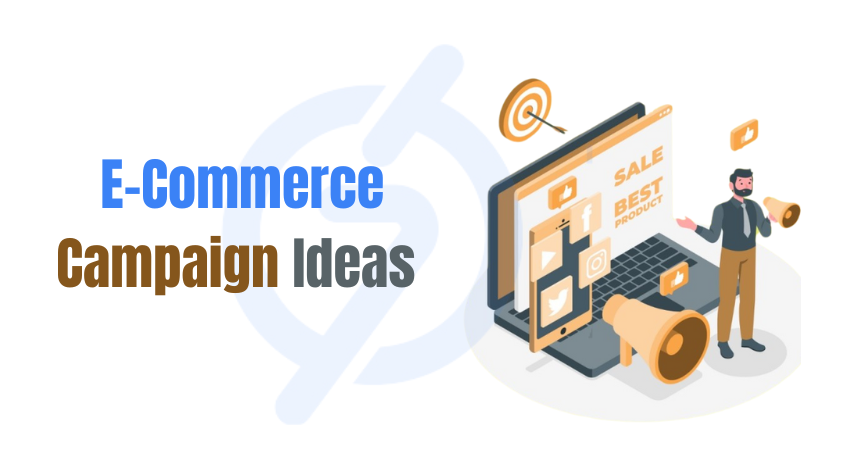
PPC Campaign on a Regular Basis
PPC ad campaigns are one of the most trusted approaches that many businesses use, especially those linked with the e-commerce sector. The reason for their widespread utilization is that the cost advertisers pay is very low compared to other approaches. Another factor is the quick results this advertising model delivers in just the blink of an eye.
Many ad networks offer PPC advertising services where advertisers can easily manage their ad campaigns and target those audiences who are already looking for the product or reading relevant content. In short, the chances for conversions are high, and the ROI is good if you utilize PPC for your e-commerce ad campaigns.
If you want to start your e-commerce campaign, we are here for you. You can begin your ad campaign with 7Search PPC in just a few steps, and we will take care of the rest. We offer plenty of benefits to advertisers, such as an Ad Manager, A User-Friendly Interface, Real-Time Tracking and Monitoring, Over 239 GEOs, and many more.
Seasonal and Holiday Campaigns
E-commerce owners have the biggest opportunities to attract customers through online ad campaigns when people put work aside and plan to shop. Seasonal and holiday campaigns take advantage of special times of the year, like Christmas, Black Friday, or Summer Sales.
By creating promotions that fit on these occasions, you can attract more customers looking to shop for gifts or deals. To make your e-commerce ad campaigns effective, you can use festive themes and bright colors in your online ad and offer discounts or attractive offers that resonate with the season. This strategy can help increase your sales and engage customers during peak shopping times.
Flash Sales & Giveaways: Time’s Ticking Deals!
When things are not delivering the results you want, change your strategy but stay focused on your goal. As an e-commerce owner, your ultimate aim is to increase sales by attracting the right audience, and you can achieve this in different ways.
Create urgency and FOMO (Fear of Missing Out) through flash sales, as well as time-sensitive offers. This is a strategy that most marketers or advertisers use, and it consistently delivers desired results because it is effective and never goes out of style.
In your e-commerce campaign, present users with mouth-watering deals and encourage them to buy before time runs out, as these deals are only for a limited time. However, remember to create deals that generate profit rather than put you at a loss.
Emails That Feel Like Personal Texts
We don’t understand why people don’t use email for their campaigns. If you are also ignoring email, then you are making the biggest mistake. Including email in your campaign can give you the kind of results you are dreaming of. Yes, we are not joking; we are serious. Ask yourself: are you paying for results that an email can provide, often at little or no cost?
Sending personalized emails can make your customers feel appreciated. Instead of sending generic messages, use their names and customize the content and offers based on what they have bought before or what they like.
This way, the emails feel more like personal texts, which increases the chances that people will open and interact with them. You must include special offers and product suggestions to encourage sales and create a better connection with your audience.
Make Noise with Social Media Campaigns
Imagine displaying your offerings to 63.7% of the total global population. If you rely solely on a sales team for this task, it may take many years to achieve. However, with social media campaigns, you can easily target this audience. Here is the list of social media platforms and also their monthly active users (Source- Exploding Topics):
- Facebook- 3.06 billion
- YouTube- 2.70 billion
- Whatsapp- 2.40 billion
- Instagram- 2.35 billion
- TikTok- 1.67 billion
Social media is a perfect way to connect with potential customers. Make interesting content, like videos or eye-catching pictures, that show off your products and offers. You must make good use of popular hashtags to get more visibility and encourage customers to share their shopping experiences.
Running contests or teaming up with influencers can also help you reach more people. The more active you are on social media, the more attention your brand will get, which can lead to more app or website traffic and sales.
How To Successfully Set Up and Launch an E-Commerce Campaign: Sell, Sell, Sell!
Setting up and launching a successful e-commerce ad campaign requires three things: careful planning, execution, and continuous optimization. Here’s a step-by-step guide to help you get started:
Plan Your Roadmap
Before you start your e-commerce campaign, create a clear plan outlining your goals and strategies. In your plan, you need to figure out your target audience and understand their demands and needs, as well as why they will choose your products over your rivals.
Outline the steps you’ll take, from product selection to marketing strategies. This roadmap will guide you throughout the campaign, helping you stay focused and organized. It should also include timelines and milestones to track your progress.
A well-planned roadmap ensures you know what to do at each stage, making your campaign more efficient and effective.
Set Achievable Targets
Don’t go for a big one! This doesn’t mean that you should not aim for big goals. It only means setting real and achievable goals. First of all, check the market conditions and the economy of the country that you are targeting for your e-commerce business, then decide your goals for the short-term and long-term.
Setting realistic and achievable targets is very important for your e-commerce campaign to succeed. You should begin by deciding on specific goals, like increasing website traffic, boosting sales, or improving customer engagement. Make sure these targets are easy to measure and have a deadline so you can track your progress. For example, you might aim for a 20% increase in sales over the next three months.
Setting these short-term and long-term targets helps you to check the progress of your e-commerce campaign and make necessary adjustments along the way.
Optimize Your Offerings
Optimizing your offerings is important to attract and keep customers. You must make sure your products are high-quality, visually attractive, fairly priced, and meet customer needs. Do market research to find out what your audience wants and adjust your stock based on that.
Also, improve product descriptions, offers, and reviews to make them more appealing. When you offer value through well-optimized products, you increase the chances of getting more sales and repeat customers, which helps grow your business and keeps customers happy.
Choose an Advertising Platform for Your Campaign
Choosing the right advertising platform is important to reaching your target audience effectively. However, the most important thing is to avoid relying on a single ad network or platform because using different ad platforms helps you reach more people and reduces the risk of relying too much on one source. If one ad platform gives low results, then others can compensate by giving the desired outcomes.
Each advertising platform has different strengths and ways to target people, so pick one that matches your e-commerce campaign goals and budget. Also, consider what type of ads you want to run, like text ads, banner ads, native ads, etc.
A good platform choice will help your campaign get more visibility and engagement, bringing more traffic to your e-commerce site.
Split Your Budget Wisely
What is a budget? It’s the maximum amount you are willing to pay for your e-commerce campaign. But what if you have chosen more than one ad platform? Then, you need to split your budget wisely. Allocating your budget wisely is very important for making your ad campaign successful.
First, decide the maximum amount that you can spend, then split it among different platforms and strategies, like advertising, promotions, and content creation. For example, put more money into the channels that perform well and give you satisfactory results and put less money on channels that only give you average results.
A balanced budget helps you get the most from your investment and reach your campaign goals.
Monitor and Analyze Performance
Regularly checking and analyzing how your e-commerce campaign is performing is important for its success. If you are using an ad network or social media, then you will get an analytical dashboard to track key numbers like clicks, impressions, CTRs, conversion rates, etc. Monitoring at regular intervals will help you get an idea of how to optimize your e-commerce advertising campaign.
Conclusion
Launching a successful e-commerce campaign requires thoughtful planning, creativity, and consistent optimization. In a competitive industry with millions of online stores, it’s crucial to stand out by implementing fresh ideas and engaging promotions.
In this blog, we have discussed that using the right advertising platforms, setting realistic targets, and regularly monitoring campaign performance can make all the difference in achieving your business goals.
We have also examined ideas like PPC ad campaigns, email campaigns, social media campaigns, flash sales, and seasonal campaigns that can help advertisers drive website traffic and increase sales. Now, it’s time to utilize these cool ideas—plan your campaign, launch it with confidence, and watch your online business grow!
Frequently Asked Questions (FAQs)
What is an e-commerce campaign?
Ans. It is a planned marketing effort designed to promote online products or services. Advertisers or marketers create campaigns to increase brand awareness, generate traffic, and drive sales.
What are some popular e-commerce campaign ideas?
Ans. PPC campaigns, seasonal and holiday campaigns, flash sales and giveaways, email marketing, and social media campaigns are popular campaign ideas for e-commerce businesses.
How do I plan an effective e-commerce campaign?
Ans. Plan your roadmap, set achievable targets, optimize your offerings, choose an advertising platform, and split your budget wisely.
What should I consider when setting goals for my e-commerce campaign?
Ans. Consider factors like market conditions, target audience, and desired outcomes when setting goals for your e-commerce campaign.
What are some common challenges faced by e-commerce businesses when running campaigns?
Ans. Budget constraints, competition, and fluctuations in consumer behavior are some common challenges faced by e-commerce businesses when running campaigns.

